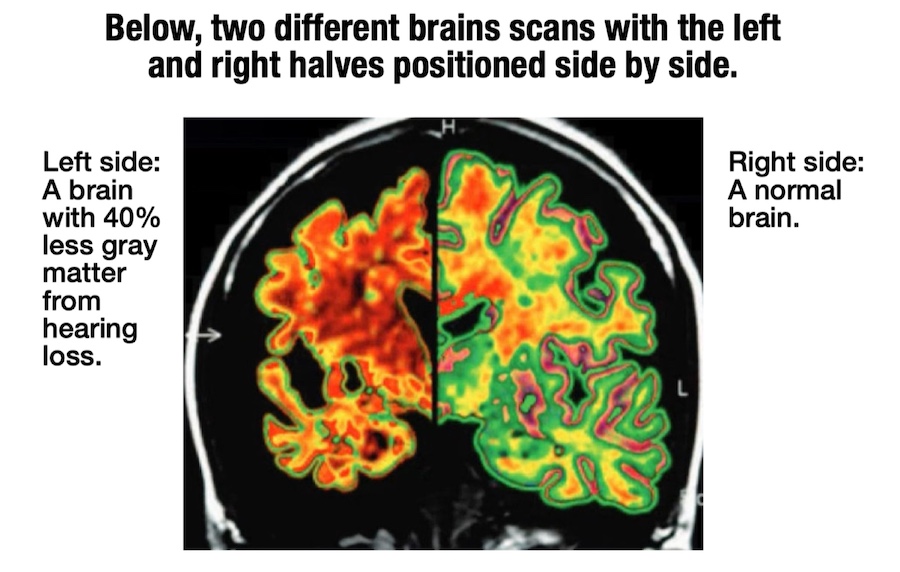Hearing loss has long been considered an inevitable part of aging. Recent trends, however, show hearing loss is also increasingly prevalent among younger age groups.
Hearing loss, long considered inevitable with aging, is increasingly prevalent among younger age groups.
Nearly 20% of the world’s population has it — and the World Health Organization expects hearing loss to increase through 2050 and beyond.

Driving the rise
Public health researchers have identified five risk factors contributing to the increasing prevalence of hearing loss.
- Excessive exposure to loud noise in everyday life, like traffic and noisy workplaces. This bombardment of noise damages hearing over time.
- Natural age-related hearing loss (presbycusis) increases as the population ages. American baby boomers are turning 65 at the rate of 10,000 a day until the end of 2029.
- Failing to get regular hearing screenings prevents early treatment of hearing loss.
- Overusing earbuds and headphones at high volumes.
- Underlying health conditions such as coronary heart disease, diabetes, stroke, and chronic kidney disease. For example, diabetes and hypertension cause damage to the ear’s blood vessels and nerves, increasing hearing loss.
Most people with hearing loss believe they can go about their lives just fine without treatment, and maybe some can. But hearing loss is not benign. It has been linked to social isolation, depression, cognitive decline, and dementia. Hearing loss should be treated. This study suggests the earlier, the better. —Justin Golub, MD, Columbia University

Why it matters
Good news: You can reduce your risk for all five factors listed above.
- Reduce your exposure to constant or intermittent loud noise. Wear hearing protection at loud events and noisy workplaces. Also, look for ways to make your home quieter.
- For natural hearing loss from aging, adults of all ages should schedule regular hearing screenings so that hearing loss can be treated as soon as possible to limit the amount of permanent brain damage caused by hearing loss.
- Failing to get your hearing checked regularly. We’ve got you covered here with our free, 15-minute hearing screenings by an audiologist. Call to schedule your screening.
- The problem with earbuds and headphones is volume. Turn it down to a comfortable level (70 decibels or less) and give your ears a break from a steady sound assault.
- Discuss hearing loss with your primary care physician. Let them know your concerns, especially if you have underlying health conditions such as high blood pressure, diabetes, or coronary heart disease.

The takeaway
By adopting these strategies, you can lower your risk of the health-damaging consequences of hearing loss and keep your ears healthy for years.
Gradual hearing loss is not painful, and as a result, it goes unnoticed for far too long. But while unnoticed (or ignored), hearing loss still creates permanent brain damage, putting you at higher risk of cognitive decline and dementia.
Healthy ears start here
Call to schedule a free, 15-minute hearing screening with an audiologist. Don't guess about hearing loss. Find out.
If you have hearing loss, your audiologist will explain —
- How much hearing you've lost
- Whether your hearing needs treatment
- The hearing-aid options available to treat your hearing loss
Don't let untreated hearing loss threaten your health and happiness.

